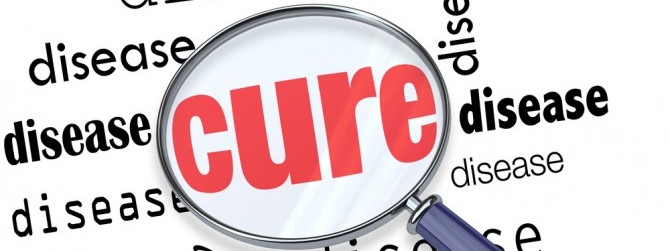
Alcoholic Liver Disease is Cureable
Alcoholic Liver Disease is Cureable
The liver is an organ that is vital to the human body. Without a healthy, functioning liver the human body can only last up to 24 hours. It is responsible for detoxification, protein synthesis, and production of biochemicals necessary for digestion.
Liver fibrosis, liver injury or a fatty liver can cause acute liver failure. In some cases this can result in death. All liver diseases are very serious, yet the alcoholic liver is preventable. Since the liver is the body’s filtering system, excessive alcohol intake can cause severe damage. Let’s review how alcohol affects this vital organ and how a damaged liver can be treated.
Long-term alcoholism is the primary cause of an alcoholic liver. Alcohol is absorbed from the small intestine, and the blood carries it directly into the liver, where it becomes the preferred energy source. In the liver, alcohol converts to toxic chemicals, such as acetaldehyde, which triggers the production of powerful immune factors called cytokines.
These molecules in large amounts can cause inflammation and tissue injury. The injured liver eventually is unable to breakdown fatty acids. Over time, fat accumulates and further impairs the liver’s ability to absorb oxygen. During the initial phase, the fat-laden liver becomes greatly enlarged, but it eventually shrinks as cirrhosis develops.
The symptoms of liver disease due to alcohol can vary according to the individual. Changes start in the liver as inflammation (hepatitis) and lead to fatty liver and cirrhosis. Cirrhosis is the final phase of alcoholic liver disease. Symptoms may not be present until the disease is advanced, and may include abdominal pain and tenderness, dry mouth and excessive thirst, fatigue, fever, jaundice, loss of appetite, mental confusion and nausea.
Some patients also exhibit abnormally dark or light skin, dark bowel movements, breast development in males, redness on feet or hands and lethargic movement. Symptoms vary based on the severity of the disease and usually worsens after a period of heavy drinking.
Early recognition is important since an alcoholic fatty liver responds to alcohol withdrawal and a nutritious diet. Patients with severe alcoholic hepatitis should be admitted to hospital and complications of liver failure treated appropriately. These patients usually have significant metabolic abnormalities that have to be corrected. Hyperglycemia is a common manifestation of chronic liver disease because of insulin resistance.
Cirrhosis is an irreversible process, and therapy is directed at the complications of liver failure and portal hypertension. For patients with end-stage alcoholic cirrhosis liver transplant is often the only treatment option. However, liver transplantation is a reasonable option in patients with alcoholic liver disease providing there is prolonged abstinence (at least six months), good social supports and no evidence of severe damage to other organs due to alcoholism.
Most doctors agree that treating someone with alcoholism requires drastic changes in lifestyle. Studies have shown that abstaining from alcohol and adhering to a healthy diet can greatly benefit patients. While the level of recovery is dependent on the stage of liver disease, patients who make these changes do experience a greatly improved quality of life. With a strong support system, they can live healthy, alcohol-free lives.